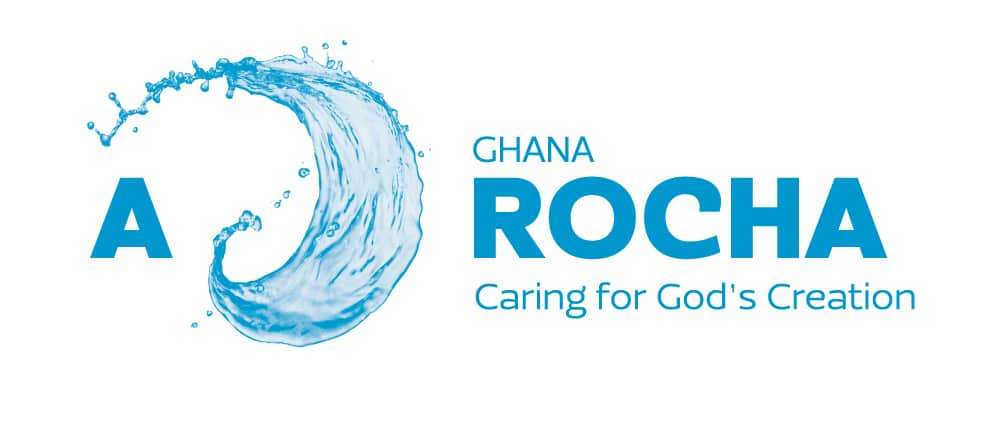A Rocha Ghana, a prominent environmental conservation organization, has urged for the immediate removal of the Ghanaian government from its position as Co-Chair of the Forest and Climate Leaders’ Partnership (FCLP).
The FCLP was launched during the 27th United Nations Climate Change Conference (COP27) in 2022, where Ghana was appointed Co-Chair alongside the United States.
However, A Rocha argued that the government’s actions since assuming this leadership role demonstrate a failure in sustainable forest management, which disqualifies it from continuing in the position.
“We want to put on record our conviction that the Ghana government is no longer fit to Co-Chair the FCLP and should be removed from this position with immediate effect.”
A Rocha Ghana
The conservation group backed its call with evidence, citing the government’s failure to address illegal mining and deforestation in key forest reserves, along with its legislative actions that appear to facilitate further environmental degradation.
The Forest and Climate Leaders’ Partnership was established at COP27 as part of a global effort to drive sustainable forest management and combat deforestation. By accepting the Co-Chair position, Ghana was expected to demonstrate leadership in forest conservation, setting an example for the world.
A Rocha, however, contended that the Ghanaian government has fallen far short of its commitments.
A Rocha’s concerns stem from a series of environmental missteps taken by the Ghanaian government, which directly undermine its role as a global advocate for forest protection.
In early 2023, discussions in the Ghanaian Parliament revealed troubling information about the state of the country’s forests. The government initially claimed that the ecological integrity of forest reserves was intact, but civil society organizations quickly refuted these assertions.
In May 2023, a more comprehensive report by the government painted a different picture. It revealed that three forest reserves—Oda River, Apamprama, and Subin Shelterbelt—had become sites for illegal small-scale mining.
These activities were so rampant that military intervention was required to remove the miners. Apamprama Forest, for instance, was already 49% destroyed by mining operations, while 23 other reserves were classified as being at medium risk, indicating that they were vulnerable to non-violent but still destructive mining activities.
A Rocha also accused the government of abandoning efforts to curb illegal mining, suggesting that powerful individuals connected to the government might be behind the galamsey operations. “It is widely thought the kingpins of galamsey are within the government itself,” the letter stated.
Controversial Mining Leases and Legislation

A Rocha further detailed how, under the current government, the issuance of mining leases in forest reserves has surged.
“This was strange because between 1992 and 2016, only 5 companies had been granted leases in Forest Reserves.
“Suddenly, between 2022 and 2023, ten mining companies had full leases to mine gold in large portions of 11 Forest Reserves.”
A Rocha Ghana
More concerning was the discovery of a new legislative instrument, the “Environmental Protection (Mining in Forest Reserves) Regulations L.I. 2462,” quietly passed in November 2022.
According to A Rocha, this legislation has made it significantly easier for mining companies to gain access to protected areas. Under previous guidelines, mining was restricted to a maximum of 2% of the production areas in forest reserves.
However, “The new L.I. does not have any restrictions on scale, resulting in some concessions covering 100% of the Forest Reserve,” A Rocha highlighted.
“The other glaring change is GSBAS – previously fully protected – are now open for mining if the President says it is in the national interest.
“The numbers uncovered to date are 24 Forest Reserves – 7 that contain GSBAS – affected by leases granted or applications awaiting validation.”
A Rocha Ghana
A Rocha’s findings were corroborated by investigative reports from The Fourth Estate, a Ghanaian media house. Their research revealed that several of the companies benefiting from mining leases in forest reserves had direct connections to individuals holding key government positions or with close links to the administration.
The conservation organization condemned these developments, stating, “The spread of unfettered galamsey across Ghana’s Forest Reserves, the new L.I. 2462, and the resulting surge in mining leases and applications in Forest Reserves and GSBAs with their clear links to government, conflict deeply with the government’s position of FCLP Co-Chair.”
A Rocha argued that Ghana’s actions are in direct opposition to the objectives of the FCLP, an initiative designed to promote forest conservation and climate action on a global scale.
The organization noted that Ghana’s involvement in enabling mining within protected areas demonstrates a “contempt for the Glasgow Leaders Declaration” and undermines its credibility as a global leader in forest protection.
As Ghana’s term as Co-Chair is set to end in November, A Rocha is not willing to wait for the term to expire. Instead, it is calling for the government to be stripped of its position immediately, emphasizing that its continued role in FCLP leadership is “not tenable.”
REA ALSO: Kemi Badenoch Criticized Over Autism Remarks in Pamphlet




















